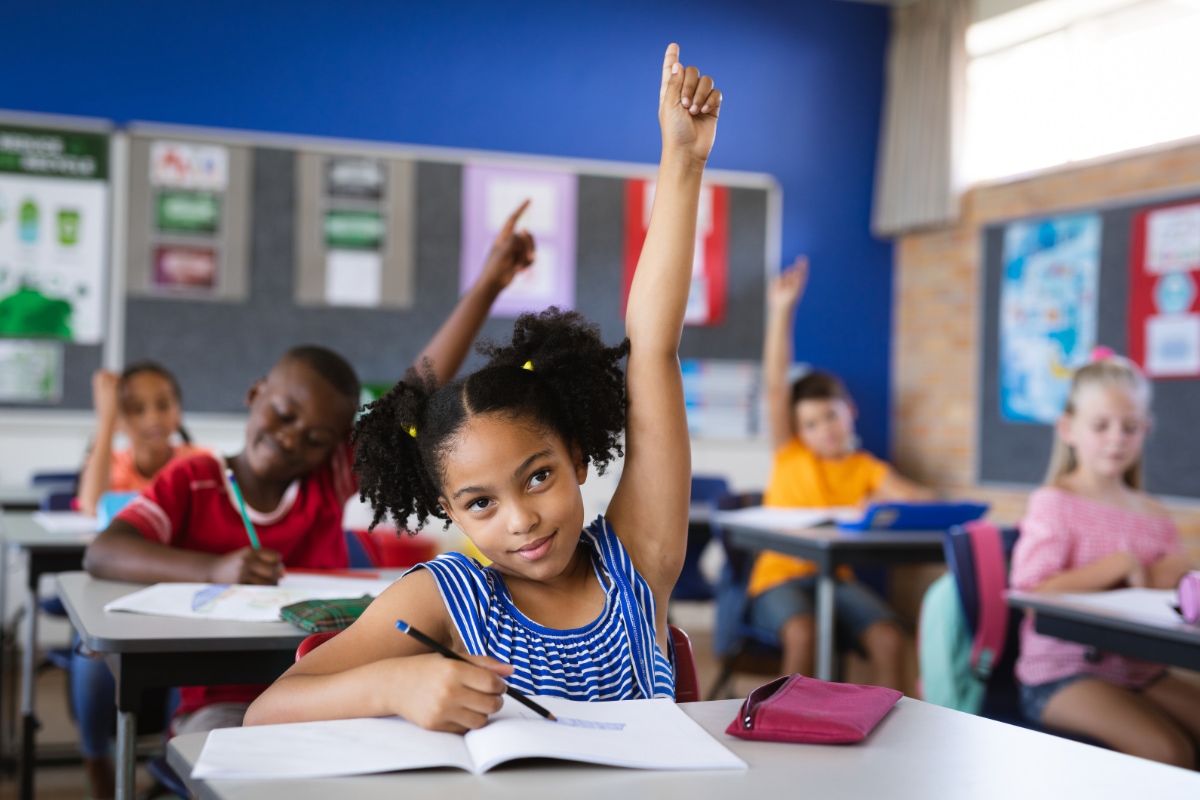Discover the Advantages of Advocacy: Save Temecula Schools
Discover the Advantages of Advocacy: Save Temecula Schools
Blog Article
The Effect of Institution Environments on Academic Success and Personal Wellness
The layout of educational areas, consisting of all-natural lights and ergonomic furniture, can improve trainees' concentration and comfort. Exactly how can schools strategically improve these aspects to much better support their students?
Physical Layout and Layout
How does the physical layout and design of a college effect scholastic success? The arrangement and visual of a college setting can substantially affect pupils' discovering end results. A properly designed college layout promotes simplicity of movement, lowers disturbances, and fosters a feeling of security and belonging. For example, broad passages and plainly significant locations promote smooth shifts between classes, lessening lateness and disruption. In addition, purposefully positioned common areas motivate social communications, which are important for social and psychological growth.
Natural illumination and reliable ventilation systems are pivotal in boosting cognitive feature and lowering absenteeism. Studies have actually revealed that class with enough natural light boost student focus and lower feelings of sleepiness. Additionally, ergonomic furnishings tailored to students' demands can stop physical pain, enabling extended emphasis and interaction in scholastic activities.
Access to outdoor spaces and cosmetically pleasing surroundings likewise play a vital role - Save Temecula Schools. Eco-friendly spaces and properly maintained institution premises provide opportunities for exercise and mental leisure, both of which are essential for keeping high degrees of academic performance. Basically, a thoughtfully created physical atmosphere can work as a stimulant for academic excellence, promoting an ambience that supports both mentor and understanding
Classroom Environment
A positive class atmosphere is basic to attaining scholastic success. An atmosphere that promotes a sense of security, inclusivity, and mutual regard urges trainees to involve even more actively in their understanding procedures. The ambiance of a classroom, including facets such as lights, noise levels, and seating arrangements, can significantly affect student concentration and motivation. A well-ventilated, well-lit class with marginal diversions can improve cognitive feature and lower stress, thus promoting much better scholastic end results.
Moreover, the class ambience should sustain a culture of collaboration and open communication. When trainees feel comfy expressing their ideas and asking questions, they are most likely to involve deeply with the product and create crucial assuming skills - Save Temecula Schools. Peer interactions and group tasks can enhance understanding by providing diverse point of views and fostering team effort
Moreover, developing clear expectations and consistent regimens can develop a structured atmosphere that enables students to focus on their researches. By reducing unpredictability and providing a predictable framework, pupils can better manage their time and duties. Eventually, a positive class ambience not just enhances academic efficiency however likewise adds to the overall health of trainees, preparing them for future educational and individual ventures.
Teacher-Student Relationships
Structure on the relevance of a favorable class environment, the relationships in between teachers and trainees play a critical role fit academic success. A healthy and balanced teacher-student relationship fosters a discovering setting where pupils feel valued, comprehended, and sustained, which substantially enhances their motivation and involvement. When students regard their instructors as empathetic and approachable, they are more likely to get involved proactively in class and look for aid when needed, adding to a much deeper understanding of the topic.

This count on allows pupils to share their concepts and concerns easily, fostering a joint learning atmosphere. In essence, solid teacher-student connections are a keystone of educational success, playing a critical look at these guys function in both scholastic achievement and personal development.
Peer Communications
Peer interactions substantially influence academic success by shaping useful site a trainee's social and cognitive development. Within the college environment, peer partnerships act as a foundational component for discovering and personal growth. Positive peer interactions can boost a pupil's inspiration and interaction in scholastic activities via collaborative understanding and common support. When students work with each other in team settings, they exchange ideas, address troubles collectively, and develop essential believing skills. Such interactions foster a feeling of belonging and neighborhood, which is necessary for psychological well-being and scholastic willpower.

Effective peer communications also add to the development of necessary life skills, such as interaction, dispute, and participation resolution. These social competencies are critical for both scholastic success and individual wellness, emphasizing the value of promoting positive peer dynamics within the institution setting.
After-school Activities
Engaging in extracurricular activities plays a pivotal function in a pupil's scholastic success and individual development. Research consistently suggests that students that take part in extracurricular activities have a tendency to accomplish higher academic performance.
Furthermore, extracurricular involvement cultivates a sense of belonging and community, which is necessary for individual well-being. Getting involved in team activities permits students to develop and reinforce social networks, boosting their social great post to read and emotional intelligence. These interactions are vital for establishing interpersonal skills that are useful in both scholastic and future specialist environments.
Furthermore, after-school activities provide a constructive outlet for pupils to discover their passions and enthusiasms past the conventional educational program. This expedition can result in the exploration of new talents and prospective job paths, even more motivating students to involve more deeply in their scholastic job. Finally, the function of after-school activities expands beyond mere recreation; they are essential to promoting an alternative educational experience that advertises both academic success and personal development.
Verdict
Thoughtfully created physical formats and class, along with favorable teacher-student connections and positive peer communications, dramatically improve student inspiration and interaction. These components jointly emphasize the value of producing and keeping optimum school settings for the benefit of trainees' academic and individual growth.
Eventually, a positive class ambience not just enhances scholastic performance but also adds to the general wellness of pupils, preparing them for future instructional and individual undertakings.

Report this page